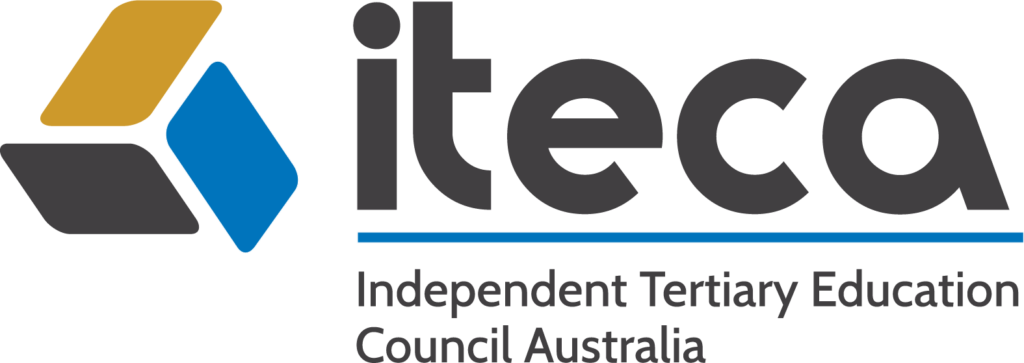I’ve been fortunate, in my career, to have worked in a lot of different sporting organisations, and in fact many other educational institutions where teamwork, or sometimes a lack of it, is a critical ingredient.
Early in my career as a physical education teacher, I worked in several schools, colleges and universities. Some good and very well run, others not so good and poorly run. The good ones seemed to have a common theme: a cohesive staff that were well administered and all working in the same direction: to provide the best education possible for the students. In other words, all of the ducks were in a row.

Wherever I worked in professional sport, I would use the principles of well-run educational institutions as my guide. Sometimes this wasn’t possible, as I wasn’t in charge, and only a small cog in a big wheel. Or I inherited a toxic workforce that was very difficult to change. I could give numerous examples but do not want to mention too many names here; however, I will mention a few of the good ones.
As a young teacher I worked at a special school in Sydney for underprivileged kids. There were many sad and unfortunate cases; kids form violent homes, kids without parents, kids that had been in trouble at school or with the law or both. We would take them on multiple holidays as groups throughout the year, for 2, 3 or 4 weeks at a time, basically to get them away from their home environment. The Principals and Deputy Principals were hard working and great administrators; the teaching staff, the clerical, the cleaning and ground staff, the cooks, in fact the whole team had one theme in mind: to give these kids the best possible experience, some great care and TLC (tender loving care), and to really give the young people something to remember, which would leave lasting memories. And it worked. It was three memorable years in my career. I was only quite young, but it left positive memories due to the tremendous teamwork involved. All of the ducks were in a row.
A little bit later I became Subject Master and First XV Coach at Ipswich Grammar School. P.E wasn’t an important subject, and the rugby team hadn’t won in 50 years, but the school itself, and most of the staff (there were some duds, but they were soon weeded out), wanted success. both with increased enrolments and success on the sporting field. I firstly set out to make P.E. a more positive subject and to do this I encouraged the P.E. staff to become actively involved in school sport and become role models to the students. I encouraged physical fitness amongst all the staff and the PE staff coached the top level of rugby, track and field, soccer, swimming and basketball. The best part about it: we had the total support of the school hierarchy especially the Headmaster and Deputy. We all started pulling in one direction. In 1984 we won the Rugby (first time since 1934) and athletics (first time in school history). We won both again in 1985 as well as cross country and basketball. Enrolments improved because kids wanted to come to Ipswich Grammar School and parents wanted to send their kids there. All of the ducks were in a row. It was eleven unbelievable years of my career (the longest I have ever worked at one place) – 4 Rugby Premierships 1984, ‘85,’88 & ‘89.
I went to The Cowboys after this in 1994, but already had 5 years part time working at the Broncos where we had one Reserve Grade Premiership and two Winfield Cup titles. At The Cowboys – it was a struggle. It was a new franchise, and we had a lot of in-experience with both staff and players. We won 2 games. The CEO was sacked before the season started, and the Coach was sacked mid-season. Nearly all the staff were moved on (except me) with the new coaching regime at the end of the season. The ducks weren’t in the row. We were all rowing the boat, but some were facing the wrong way.
1996 I went back to the Broncos. Success came again in 1997 with a premiership. More success and good duck alignment. In 1998 I was offered an opportunity at the Wallabies. Arguably my fondest memories. In 1997 under a different coaching regime the team performed poorly. A complete change of staff in 1998, same players, and things changed. Rod MacQueen was the mastermind here. He understood the value of teamwork, and the need to be the best prepared of any notion. He changed the way we trained, and the attitude of the everyone. Guess what? We started to bring these positive changes on to the field. We started to win. 1998 11 wins 2 losses. 1999 11 wins 2 losses. 2000 11 wins 2 losses.
In this time, we secured the following Trophies: Bledisloe Cup, Cook Cup, Mandela Cup, Tri- Nation Cup, World Cup, Among others. The Trophy cabinet was full. Why? Teamwork. Everybody did their jobs, players and staff alike. We had no weaknesses; great coaching, captaining, players, support staff, everybody. At a recent luncheon in Brisbane, John Eales, the enigmatic Wallaby captain of this era, said that the success of the team was due to teamwork. Every person involved did their most to ensure success. And I’ll leave you with one of MacQueen’s favourites saying (borrowed from Rudyard Kipling and embossed in our Wallaby diaries) “The Strength of the pack is in the wolf, and the strength of the wolf is that pack.”
All of the ducks were in a row.
Would you like a career as a high performance coach? Check out our Diploma of Sport qualification!
